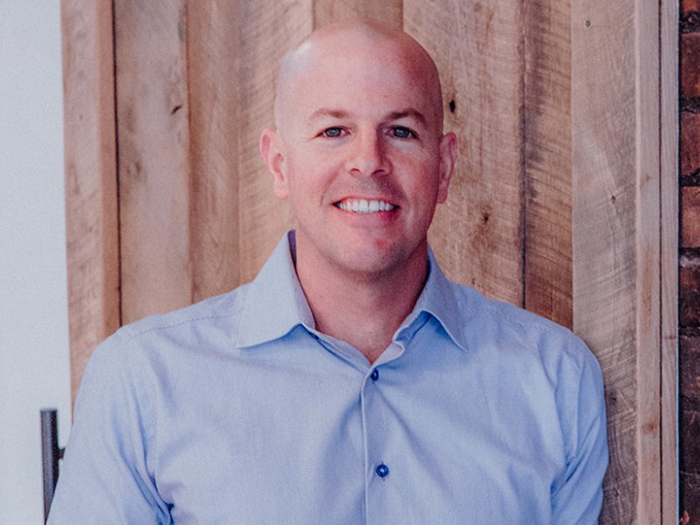Why Brexit Is Turning Out to Be a Risk Management Nightmare
In times of stress, the Brits could always count on Winston Churchill. In 1939, he famously said, “I cannot forecast to you the action of Russia. It is a riddle wrapped in a mystery inside an enigma; but perhaps there is a key. That key is Russian national interest.”
If Churchill were alive today, he might modify the quote. The statement precisely defines the current status of risk management with respect to Great Britain’s vote to leave the European Union. Is Brexit really a riddle? Is it aligned with British national interest?
Does anybody think the British voters had a clue about the consequences of departure, not to mention the horror of a no-deal Brexit?
Consider something as simple as the size of markets for British products. The population of the United Kingdom (England, Scotland, Wales and Northern Ireland) is 66 million. The rest of the European Union, 27 countries with 446 million people, is seven times larger. Withdrawal removes unfettered access to 85 percent of the UK’s economically “domestic” market.
How about the impact on supply lines and exports? In a global economic system, goods and services cross borders with impunity. Consider automobiles made in Great Britain. For some models, more than half the components come from continental Europe, which is also the market for half of the vehicles manufactured in the UK.
A sobering message comes from the recent words of Airbus CEO Tom Enders: “The UK’s aerospace sector now stands at the precipice … If there is a no-deal Brexit, we … will have to make potentially very harmful decisions for the UK … Make no mistake, there are plenty of countries out there who would love to build the wings for Airbus aircraft.”
The withdrawal will have an equal impact on the world of finance. In 2017, the district known as the “City of London” ranked first among the world’s financial markets. Given aggressive EU competitors, including Frankfort, Zurich, Geneva and Luxembourg, Great Britain can expect serious negative consequences from massive dislocation of financial transactions.
Consider something as simple as the size of markets for British products. The population of the United Kingdom (England, Scotland, Wales and Northern Ireland) is 66 million. The rest of the European Union, 27 countries with 446 million people, is seven times larger. Withdrawal removes unfettered access to 85 percent of the UK’s economically “domestic” market.
On another front, the UK has a “tail wagging the dog” problem. Tiny Northern Ireland, with two million residents, shares a “guaranteed” open border with the European Union’s Republic of Ireland. The history of sectarian violence in Northern Ireland foreshadows a catastrophic situation here if the dividing line between the regions becomes a political hot spot.
These are the risks. Where are the risk managers? It appears they are drowned out in the din of modern technology.
Accusations and battle cries dominate discussions of risk as they pour out in a torrent of unreliable and often dishonest communications. Brexit is not so hard to understand in terms of emotional fears of refugees overwhelming resident populations, a declining standard of living arising from changing patterns of work and consumption, and “scare” factors that are often the first strategy of divisive politics.
Brexit is the British version of two angry “mobs.” One group is shouting citizens who have assets and privileges and want to protect them. The other seeks upward mobility and is discovering they are blocked from achieving it by factors outside their control.
What does the risk manager do? A simple – perhaps too simple – answer is to remember part of Churchill’s quote. Is Brexit or a no-deal Brexit an action consistent with the British national interest?
A no-deal Brexit is not totally a riddle wrapped in a mystery inside an enigma. It’s a harmful decision that reflects anger, frustration and difficulties of managing risk in a complex world. It does not solve the emotional problems of immigration and job loss. It is likely to make things worse in terms of economics and politics.
The risk management solution may be to change the discussion. Where is Winston Churchill when we really need him? &










